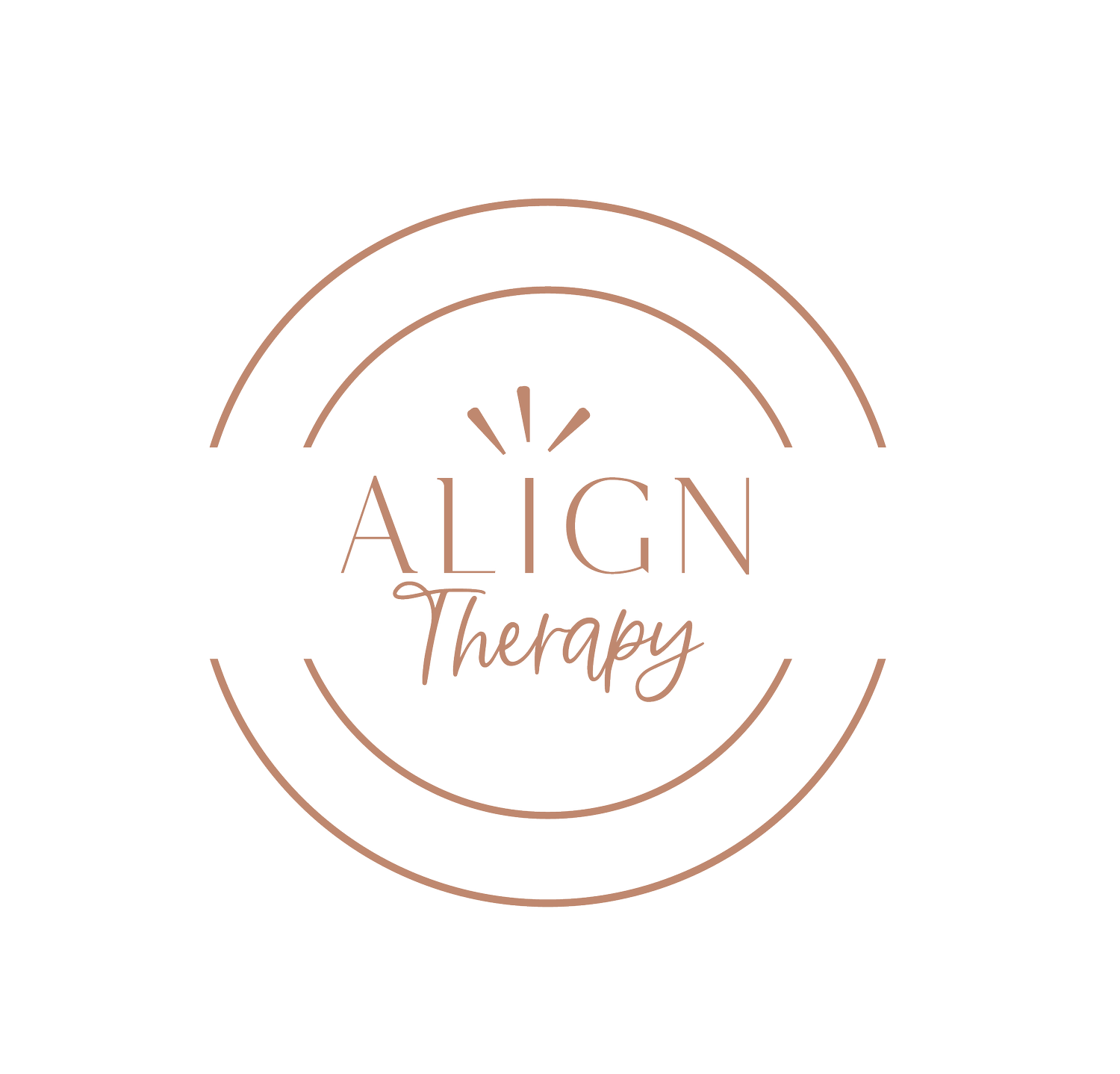Trauma Therapy in NYC
work toward your healing journey with therapy for trauma & PTSD
Trauma is the body’s natural reaction to an event or situation that causes distress or threatens your physical or emotional safety or well-being in any way.
For many of us, images of war, natural disasters, or extreme violence come to mind when we consider trauma. However, if you find yourself feeling sad, angry, or worried in response to certain memories, or often contending with existential dread, a sense of impending doom, or fear that something bad is going to happen, you may be suffering from unresolved trauma.
While some forms of trauma are unambiguous, traumatic experiences can be subtle and insidious. Some of us live with trauma without recognizing it, and suffer from anxiety, rage, fear, numbness or decreased self-worth without understanding why.
Reach Out Today!
What is trauma?
Trauma can result from one specific event, repeated or habitual distressing occurrences, or from the gradual build up of uncomfortable experiences over time (even something that may feel insignificant in the moment) that have made you feel unsafe, threatened, or less than.
When trauma occurs, that is, when we undergo a frightening, risky, distressing, or threatening situation, our bodies (specifically our nervous systems) react adaptively to protect us from harm via a ‘fight’, ‘flight’, or ‘freeze’ response. Once we perceive safety or a reduction in threat, our bodies naturally calm and regulate so that we can continue functioning as we were. Post-traumatic stress responses occur when our nervous system is triggered and responds similarly to how it did (via a flight, flight, or freeze response) when threatened, even if you are no longer in similar danger.
Trauma can impact the way we relate to ourselves, other people, and the world around us and can include anything that makes you feel unsafe in your body or in a particular situation. Trauma can impact your ability to cope with stressors, your relationships across settings, and your ability to feel comfortable in your own body. Trauma can stem from events that took place in childhood or long ago, or more recently.
Types of Trauma
Examples of trauma include childhood or adult abuse or intimate partner violence (sexual, verbal, physical, or emotional); assault; loss of a loved one, natural disasters; serious injury, illness, or threat to health; being in a serious accident or the victim of a crime; bullying; breakups or divorce; witnessing something violent, scary, or emotionally distressing; attachment wounding; systemic oppression (e.g., racism, fatphobia, sexism, etc.).
Attachment trauma is a specific form of relational trauma that can occur when your needs for safety, security, closeness, and comfort are not met by a parent, caregiver, or another significant other. While direct childhood abuse or neglect can result in attachment trauma, attachment trauma can also be rooted in not having felt understood, seen, heard, validated, comforted, or worthy on a consistent basis. Attachment wounds can stem from having to care for or prioritize the emotional or physical needs of a caregiver or significant others’ while your own needs go unmet.
Attachment trauma can impact our ability to form healthy and secure interpersonal relationships throughout the lifespan and result in harmful relational patterns that can create barriers to building intimacy and closeness with others. If you find yourself struggling to be intimate or vulnerable in relationships or experience troubling anxiety and fear when relationship building, you are not alone. Trauma therapy in NYC can help you better understand your relationship patterns and needs so you can build healthy, secure, and fulfilling relationships.
What are the symptoms of trauma or post-traumatic stress treated in trauma therapy?
Anxiety or excessive worry
Fear of recurrence
Feeling on edge or irritable
Trouble sleeping
Nightmares
Difficulty concentrating
Feeling sad, angry, or numb
Guilt, shame, or self-blame
Shock
Physical discomfort or distress (stomach discomfort, uneasiness, muscle tension, etc.)
Avoiding trauma reminders (people, places, or things)
Flashbacks or unwanted memories or images
Difficulty remembering the trauma

While most of us will experience some form of the above symptoms following a trauma, these responses can resolve over time once we are safe and supported appropriately. If these symptoms do not fade within approximately a month and they are interfering with your daily or regular functioning, they can develop into Post-traumatic Stress Disorder, or PTSD.
This means that something has interfered with the healing and recovery process. Barriers to healing and recovery can include continuing or ongoing trauma, threat of continued trauma, being blamed or blaming yourself for the trauma, avoiding the trauma, or not receiving enough support or appropriate support. You do not have to meet criteria for PTSD to benefit from the support of trauma therapy in NYC.
How can an NYC Trauma Therapist help?
As a trauma psychologist in New York City, I know that seeking help can be scary and overwhelming. Sometimes the only way to find your way out of your pain is to move through it. Trauma therapy at Align Therapy Services can help you heal and feel empowered in your body and mind instead of fearful and stuck. What if you could regain power over your own life by exploring, unpacking, and integrating your trauma so that it no longer controls you and interferes with your relationships and wellbeing?
During trauma therapy, I integrate evidence-based interventions including trauma-focused cognitive behavioral therapy, emotionally-focused individual therapy, interpersonal psychotherapy, acceptance-and-commitment therapy, and dialectical behavior therapy to help my clients heal from the impacts of trauma. Therapy is tailored to your unique needs and moves at a pace that works for you.
Treating trauma in therapy begins with developing a trusting therapeutic relationship in which you feel safe to share your experiences, symptoms, and triggers. I help my clients to broaden their understanding and make connections around the way traumatic experiences have impacted their thoughts, feelings, behaviors, and shaped their relational patterns. Together, we work toward reprocessing distressing beliefs, emotions, or bodily sensations related to your trauma history. Treatment supports you with reframing your understanding and beliefs and creating corrective emotional experiences that help you relate more adaptively to your trauma, relieve emotional distress, and decrease nervous system activation so that you can live safely in your own body.
get started with trauma Therapy in NYC
Your trauma does not have to hold power over you and your life. Together, we can work toward your healing journey to find inner strength, self-acceptance, peace, and safety. Book a free 30-minute consultation to learn more about trauma therapy in NYC.
Other SERVICES
In addition to PTSD therapy and trauma treatment, as a New York City therapist, I offer mental health services for teens and adults including therapy for anxiety, therapy for depression, therapy for those who want to improve their relationships, and disordered eating treatment, among other speciality areas. I specialize in therapy for women who want to find fulfillment, build self-worth, and become the best version of themselves. I provide online therapy to residents of New York, Connecticut, and Washington D.C.





